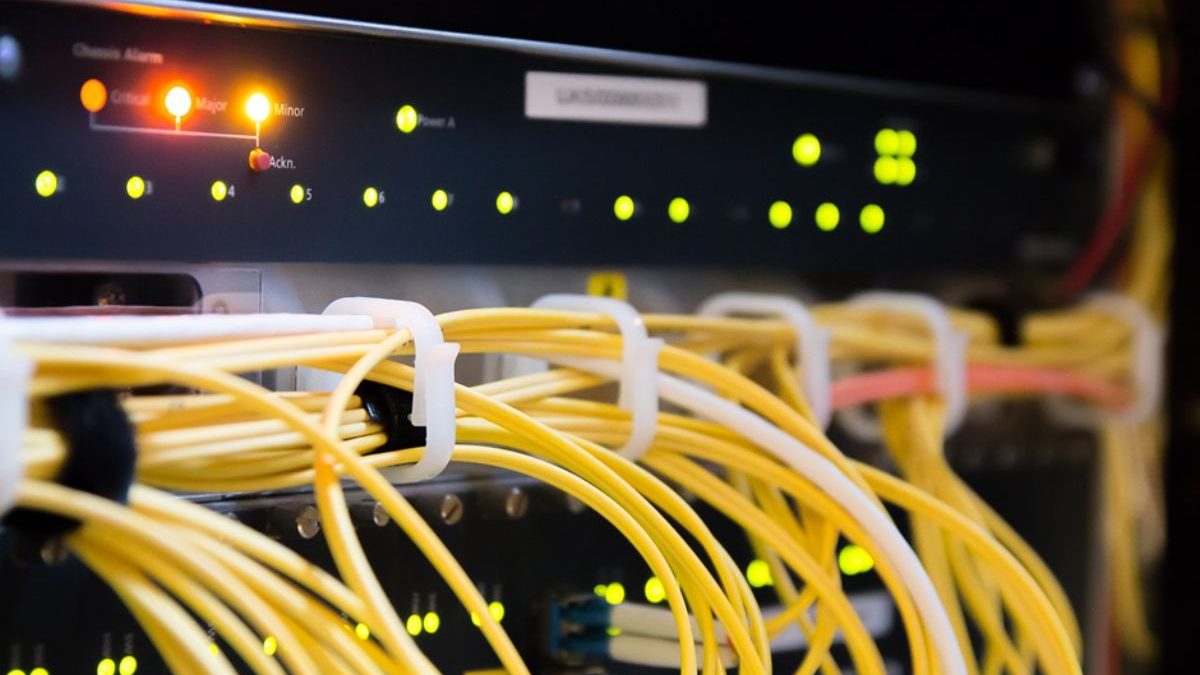Remote work offers flexibility and convenience, but it also comes with cybersecurity risks that employees must take seriously. Without the security of a corporate office situation, remote workers are more vulnerable to cyber fears such as phishing, malware, and data breaches. Hackers often target remote employees because they may use unsecured networks or lack robust security practices.
Cybercriminals exploit weak security measures, making it easier to gain access to confidential information. Being aware of these risks is the first step in ensuring personal and professional data remains protected. Remote workers must understand that their home network is not as secure as an office setup, which often has enterprise-grade firewalls and security measures in place. Taking a active approach to security helps prevent cyberattacks that could cooperation sensitive data and disrupt work operations.
Table of Contents
Practicing safe Browsing Habits
One of the easiest ways cybercriminals gain admittance to sensitive information is through unsafe browsing habits. Remote workers should avoid clicking on unknown links, especially in emails or messages from unacquainted sources. Phishing scams are attractive more sophisticated, often mimicking genuine organizations to trick users into providing login credentials.
Social engineering strategies, such as urgent requests for account verification, can manipulate individuals into revealing confidential information. Using a secure browser with built-in protection, enabling pop-up blockers, and regularly clearing cookies and browsing history can help reduce exposure to malicious sites.
At the same time, setting strong and unique passwords for all accounts, rather than reusing the same password, enhances security. Password managers can help generate and store complex passwords, reducing the likelihood of credential theft. Avoiding public file-sharing sites and ensuring that personal and work accounts remain separate also help maintain security.
Using VPNs for Secure Connections
Public Wi-Fi networks, such as those in cafes or coworking spaces, pose a significant risk because they lack encryption, making it easier for hackers to intercept data. A Virtual Private Network (VPN) encodes internet traffic, ensuring that delicate data remains protected even on unsecured networks.
Remote workers should always connect to a VPN when accessing company systems or handling confidential data. Many organizations provide VPN access, but if not, employees should invest in a reputable VPN service to enhance their security. A VPN masks a user’s IP address, making it tougher for hackers to track online activity or steal credentials.
Even when working from home, using a VPN adds an extra layer of security, preventing cybercriminals from exploiting vulnerabilities in home networks. When combined with other security measures, a VPN significantly reduces the risk of data breaks and unauthorized access.
Implementing Strong Data Protection Strategies
Protecting data is crucial for remote workers, as breaches can result in economic loss and reputational damage. Encrypting delicate files adds an extra layer of security, preventing unauthorized access even if the data is intercepted. Regularly backing up important documents to cloud storage or external drives ensures data remains available in case of ransomware attacks or hardware failures.
Multi-factor verification (MFA) adds extra layer of security by requiring additional verification beyond just a password, reducing the likelihood of unauthorized access. Using encrypted communication channels, such as secure email services or messaging apps with end-to-end encryption, ensures that sensitive discussions remain private.
Organizations should establish clear data protection policies, requiring employees to use secure methods for file sharing and storage. Employees must also be cautious when using personal devices for work purposes, as they may lack the necessary security measures.
Keeping Software and Devices Updated
Cybercriminals often exploit vulnerabilities in dated software to gain access to systems. Remote workers should frequently update their operating systems, applications, and security software to keep against known threats. Enabling automatic updates ensures critical patches are installed as soon as they become available. Antivirus software and firewalls also play a vital role in preventing malware infections and unauthorized access to devices. Disabling unnecessary browser extensions and uninstalling outdated or unused software help reduce potential attack surfaces.
Employees should only download applications from trusted sources and avoid pirated software, which may contain malware. Regular security scans help detect vulnerabilities and ensure that devices remain protected. Using enterprise-grade security solutions, such as endpoint protection software, further enhances cybersecurity for remote workers.
Maintaining Awareness and Vigilance
Cyber threats constantly evolve, making ongoing cybersecurity education essential for remote workers. Employers can provide regular training sessions to help employees recognize potential threats and adopt best security practices. Being cautious with emails, avoiding unknown attachments, and verifying requests for sensitive information before responding are essential habits. Cybersecurity awareness extends beyond work-related activities, as personal browsing habits can also impact security. Employees must be aware of emerging threats, such as deepfake technology used in phishing scams, and adapt their security measures accordingly.
Even something as trivial as looking for iPhone screen repair can be dangerous if they do not use a trustworthy and reputable service provider for such a task.
Establishing a culture of cybersecurity mindfulness within remote teams ensures that everyone prioritizes digital safety. Employees should also report any suspicious activity immediately, allowing organizations to reply swiftly to potential threats.
Conclusion
Remote work does not have to mean increased vulnerability. By adopting safe browsing habits, using VPNs, protecting data, keeping software updated, and staying aware of potential threats, remote workers can significantly reduce cybersecurity risks. A proactive approach to security ensures not only personal safety but also the integrity of the organizations they work for.
As cyber threats continue to change, maintaining strong cybersecurity practices remains a necessity. Organizations and employees must work together to implement comprehensive security strategies, ensuring that remote work remains efficient and secure. Investing in proper cybersecurity measures today helps prevent costly breaches and disruptions in the future. In an increasingly digital world, arranging cybersecurity is essential for professional and personal safety.

